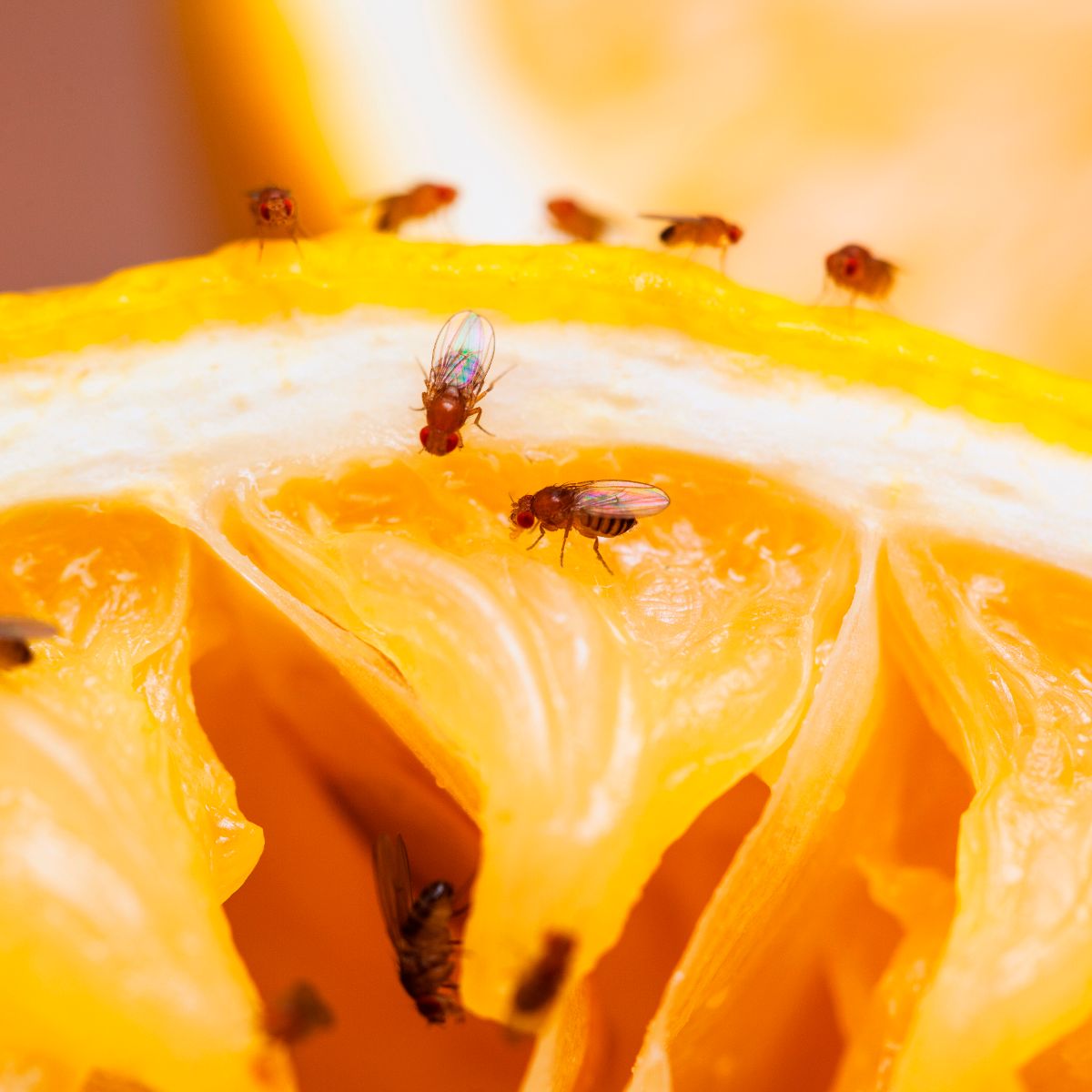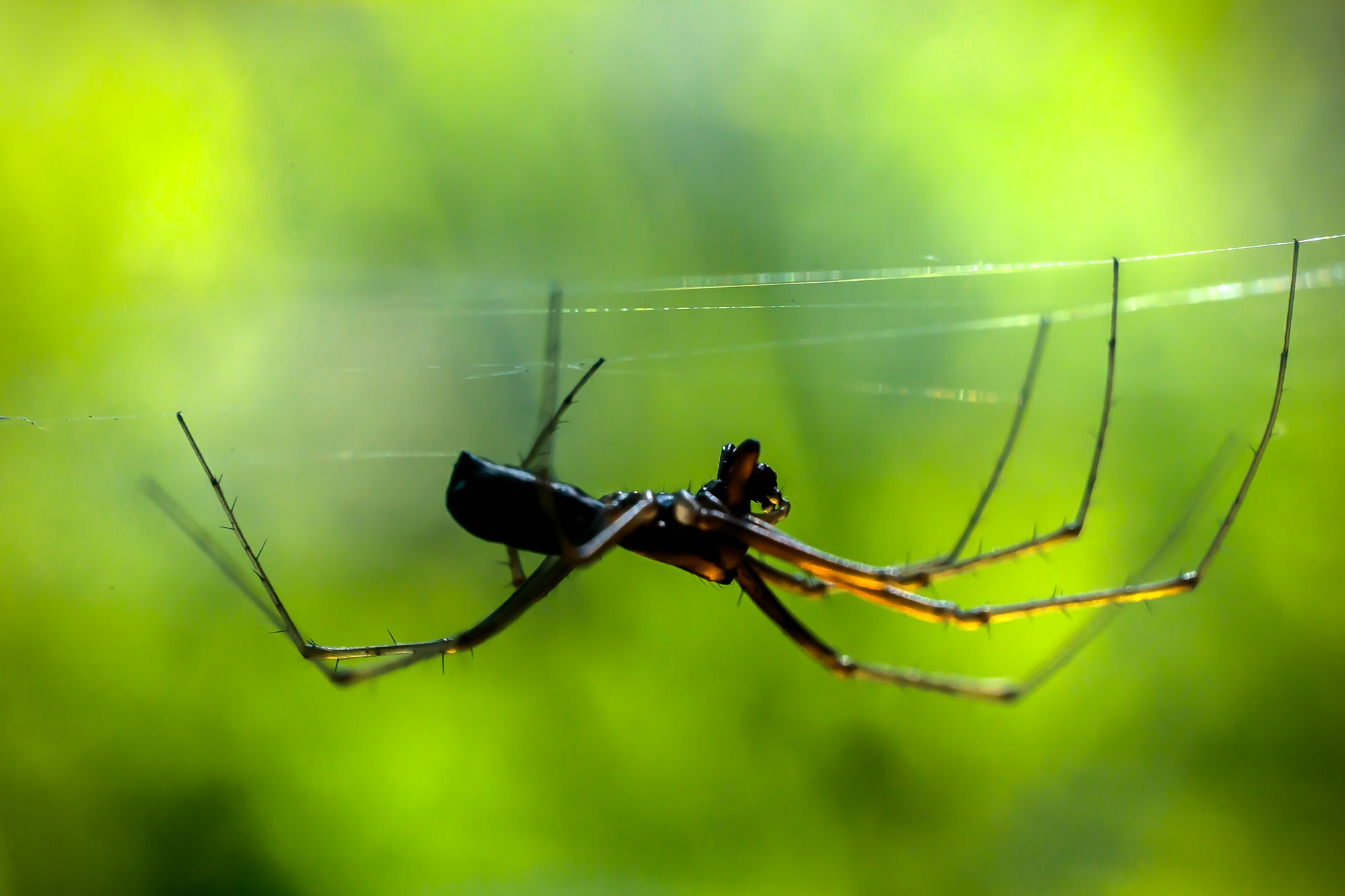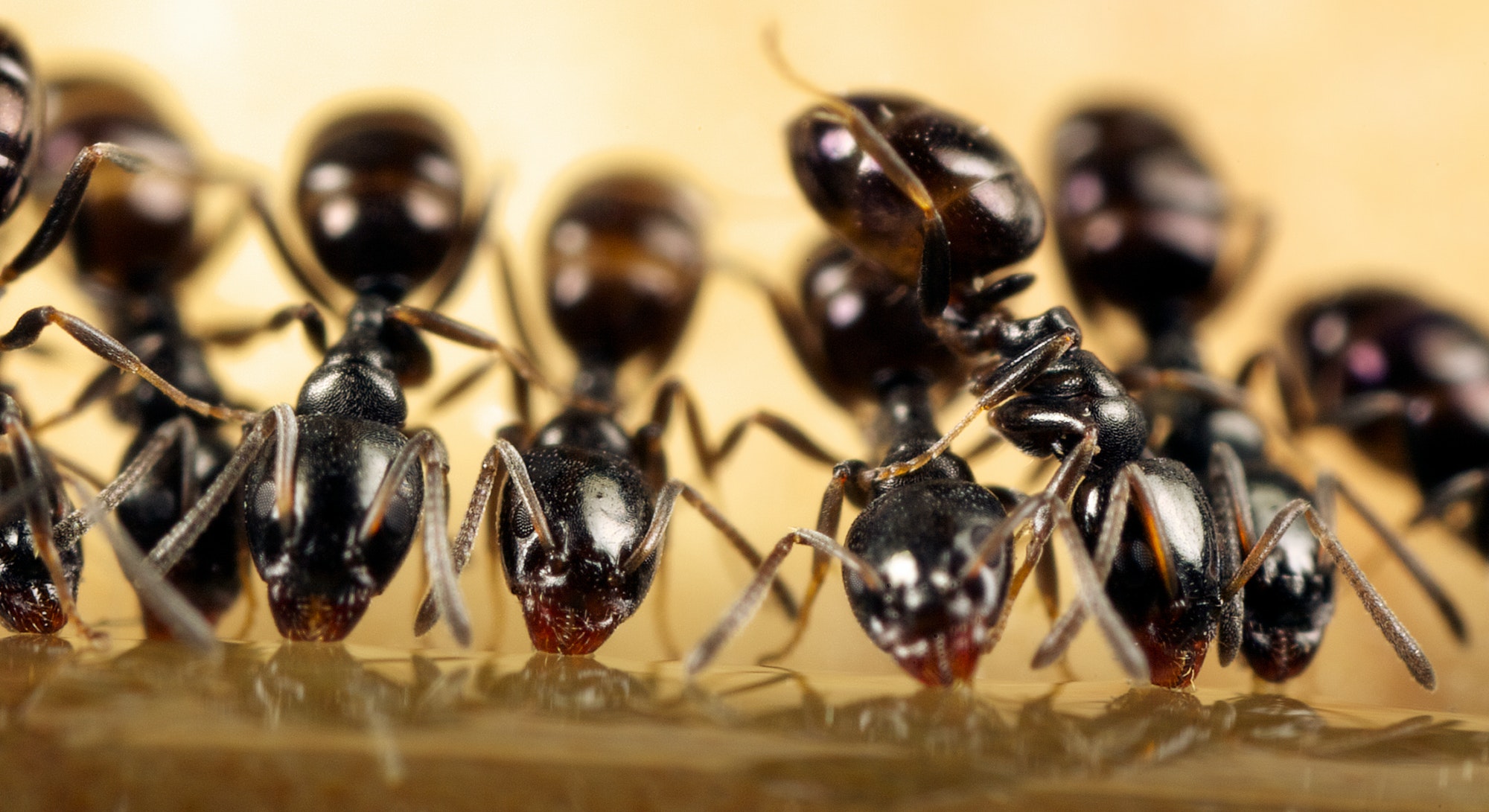How To Remove Fruit Flies From Your Kitchen?
Those pesky “gnats” flying around the overripe fruit sitting on the counter again? They aren’t gnats at all but fruit flies. Not only are these pesky intruders annoying, but they can also be detrimental to your health. Research shows that fruit flies can transfer germs from a dirty surface onto a clean one. Some of the bacteria they may carry include salmonella, E. coli, and listeria
No matter where you live in the United States, fruit flies can show up in your kitchen, inside your trash cans, or even coming up from the drains. They can come up at any time of the year but are most common in the late summer or early fall because they are attracted to ripe and rotting food. Luckily there are plenty of ways to get these little intruders to go away for good.
The first step to take in handling a fruit fly problem is to identify the source. Check to see if you have any ripe or rotten food laying around your kitchen. Fruits and vegetables, especially melons, bananas, tomatoes, and apples are their favorite.
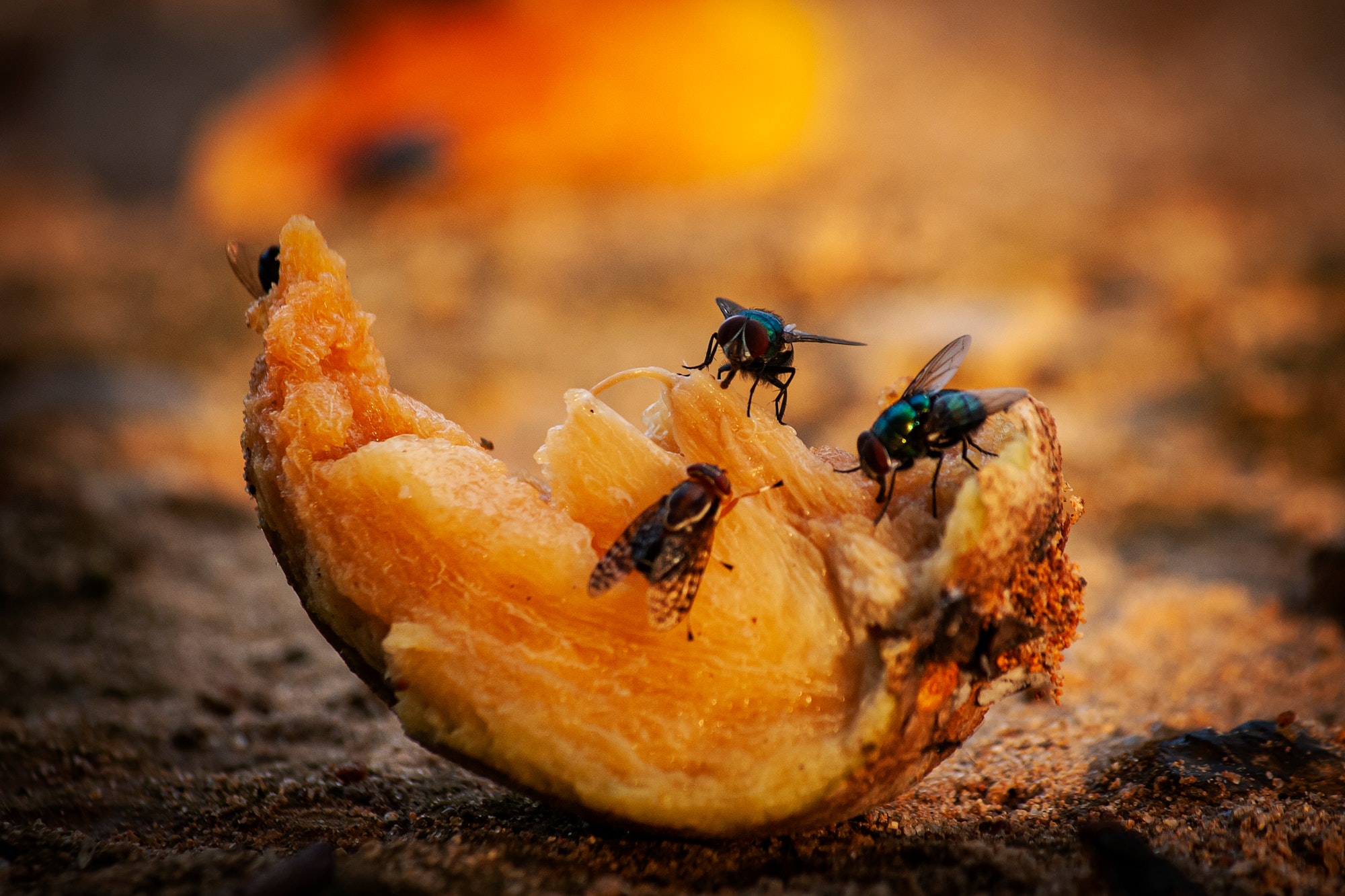
These create excellent breeding grounds for fruit flies. An adult female fly can lay up to 2,000 eggs on the surface of anything that is moist and rotting. Within just a few short 30 hours maggots hatch and start to feed on the decaying food.
Within two days the maggots are fully grown and ready to mate creating a vicious cycle for unknowing homeowners. So, once you identify the source act quickly. Immediately throw out the rotten or ripe food and clean the area with any disinfectant you have handy. In many cases removing the “home” is enough to take of the issue.
After you have identified the source of the problem look into checking out your drains, especially the kitchen sink. If the sink is clogged or there’s a distinct smell coming from it now is the time to handle it.
Kitchen sinks make great breeding grounds for fruit flies because they are warm and damp with access to rotting food if you have food clogged in there. Be sure to also check out the trash cans, fruit flies have been known to lay their eggs in trash cans. If they are swarming around the trash can be sure to take out any trash left in there and deeply clean the trash can itself. Be sure to use a heavy-duty cleaner like bleach and make sure the trash can is completely dry before using it again.
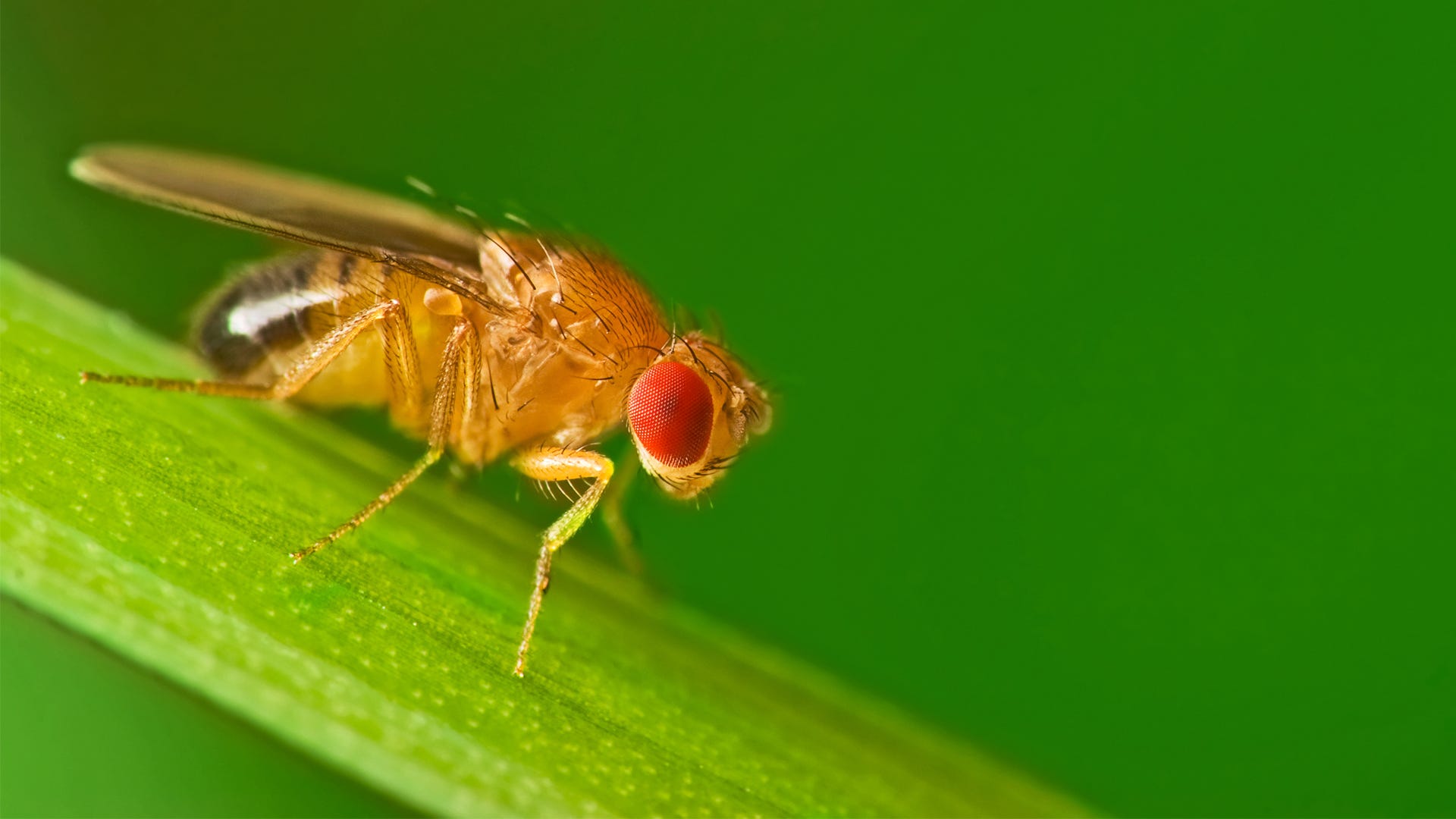
If you still spot fruit flies after going through all the previous solutions try using the rotting food against them. Instead of tossing out the rotten food put it in a disposable container and cover the top with plastic wrap. Then pop a few tiny holes in the top and set the trap somewhere in the kitchen and wait for the fruit flies to come.
The flies should swarm inside the trap and you can dispose of them however you choose. Repeat this process until you cease to see fruit flies around the house. Should you still see fruit flies around the house it may be time to consult an exterminator. This is usually effective but should be your last resort seeing that it can be costly and if you have any pets the chemicals they utilize can cause adverse effects.
To prevent a future infestation, be sure to keep your kitchen space clean and dry. Look out to make sure that you aren’t leaving any fresh food once it has been open. Be sure to take out your garbage regularly and check your drains for clogs. Once you have a fruit fly infestation, it can days anywhere from few days to weeks to get it straightened out. Save yourself the time and hassle by doing what you can to prevent an infestation from occurring.
